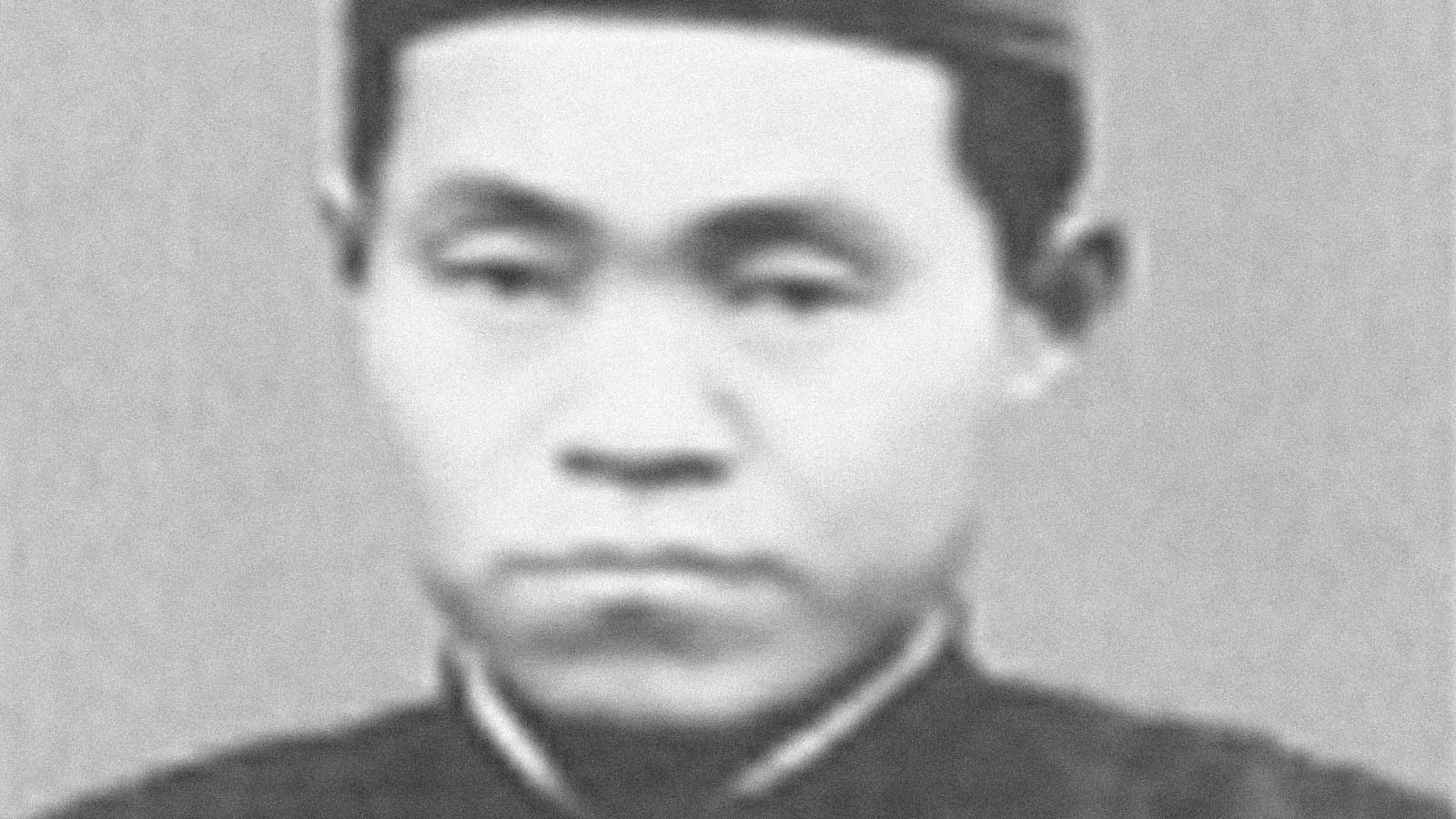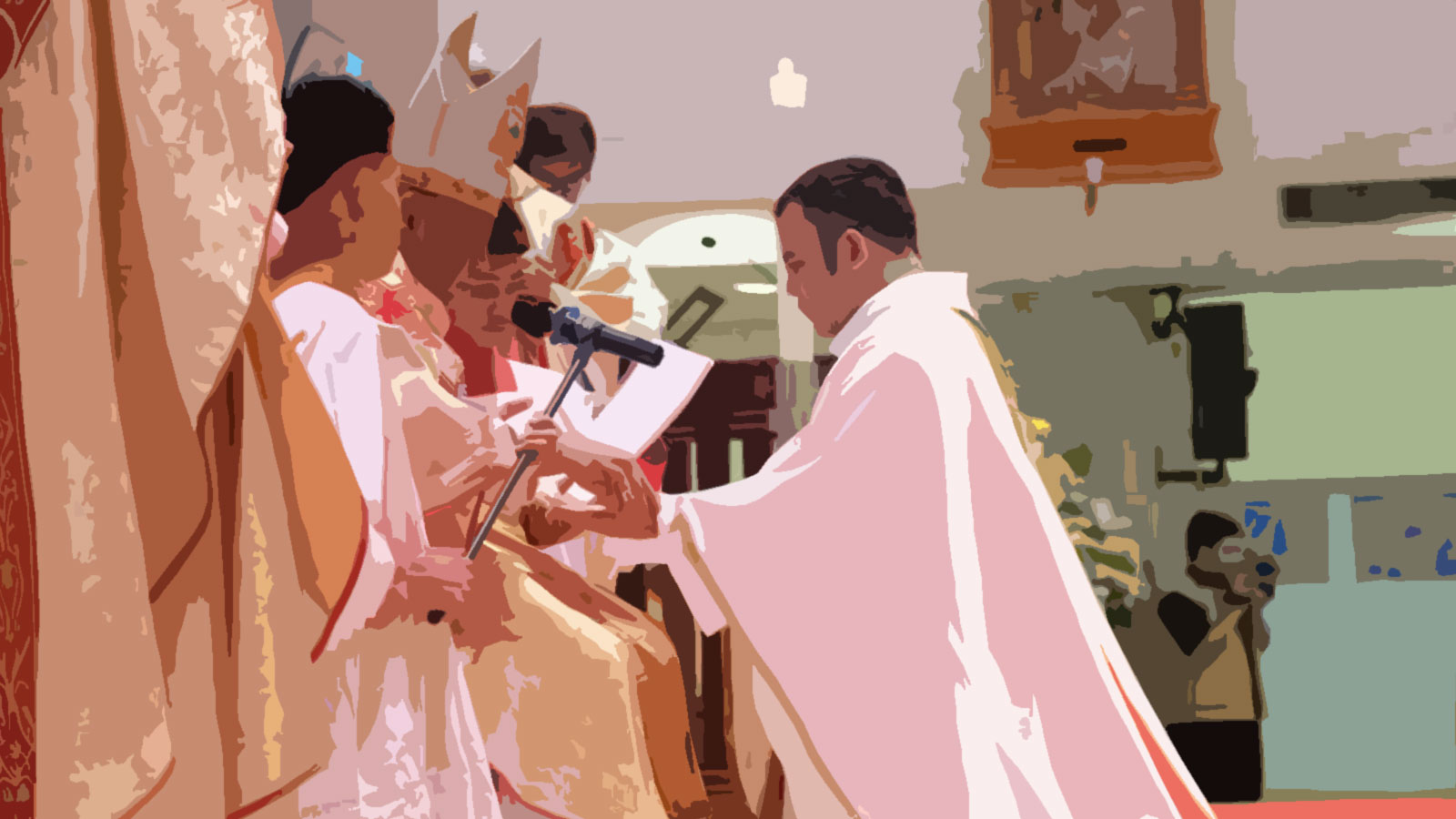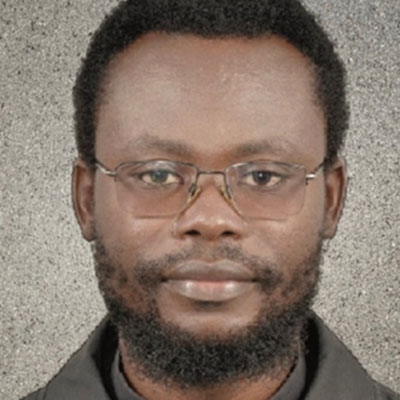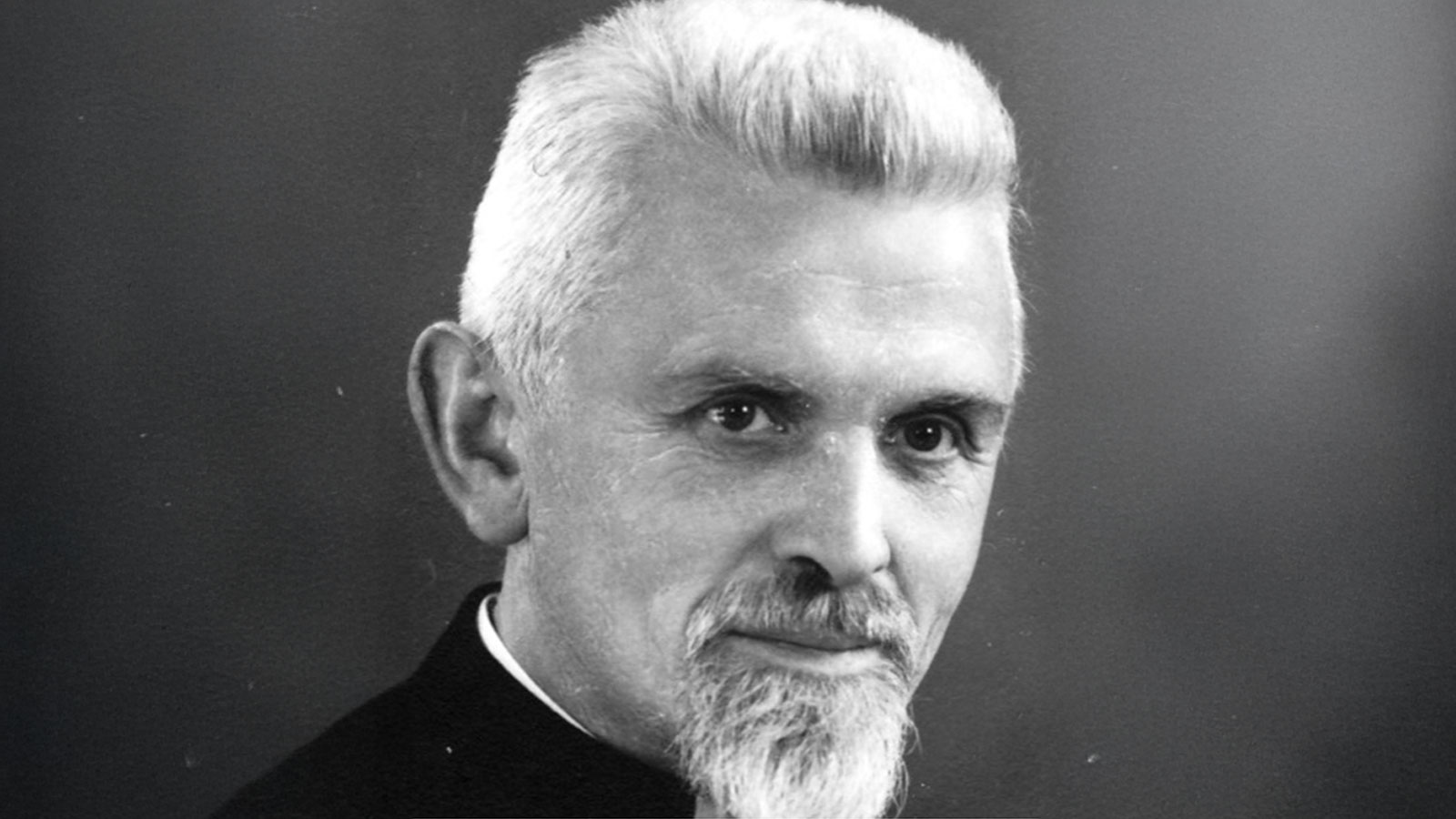Petrus Chang Wen Chao (1894-1948). A CICM Martyr
 On July 3, 1894, Petrus was born in Xiamiao’ergou, a little village in East Mongolia, China. It was also there that the first CICM, Aloïs Van Segvelt, died.
On July 3, 1894, Petrus was born in Xiamiao’ergou, a little village in East Mongolia, China. It was also there that the first CICM, Aloïs Van Segvelt, died.
He is assigned in several places, among them Laohugou, the village where our Founder has died, until he is asked to teach classical Chinese in the regional seminary of Datong.
Petrus receives a solid training. Although not the most outstand- ing student, he has a particular talent for Chinese. In 1922 he starts studying theology at the newly established regional major seminary of Datong. On May 16, 1926, he is ordained priest. He is assigned as assistant priest in a village of East Mongolia.
Dreaming of entering a religious congregation, he expresses his desire to join CICM. In December 1927, he, together with Joseph Ch’ang Shou Yi, is admitted to the novitiate in Tianjin. The following year they pronounce their vows. When the Japanese put all the CICM confreres, except Florent Spiltoir (1867-1944), in internment camps in 1943, the superiors send Petrus to Shanghai to take care of the procuration office. At the end of 1945, he is allowed to return to his region of origin.
Upon his return to East Mongolia, he meets only unrest and misery. There is the civil war followed by the establishment of the com- munist government.
In January 1947, he has to take care of the episcopal residence in Lingyuan. In June, the city is taken by the red army. On November 29, our confrere is interrogated, after which he is whipped and sus- pended by the arms. The police officer praises him, saying: “This priest is brave, and he knows how to talk!” The police does not send him back to the episcopal resi- dence but keeps him in the police station.[1]
On December 3, feast of St Fran- cis Xavier, the police brings all the mission personnel from the episcopal residence to the village theater. Our confrere is brought before the court of the people. He is encouraged to confess all his crimes. His major crimes are be- ing the chief of a wealthy church and the fact that he collaborates with the enemy. Instead of refut- ing the allegations directly, he ex- plains how he instructs the peo- ple to follow the right way and do good. He is not allowed to con- tinue speaking and is severely whipped. He collapses, is made to stand, and is whipped again. He is questioned once more and
severely whipped. At the end of the day, he is brought back to the police station. Some days later, he, together with five confreres and another Chinese priest, is led to Meiliingtze, a village in the neighborhood, where they are imprisoned.
Our confrere is interrogated again during the night of January 7, 1948. Once more, he is tor- tured. Both his legs are crushed. He is brought back to the prison cell. Around noontime of Janu- ary 8, he leaves this world to fall in the open arms of his loving Lord... ■
André De Bleeker, cicm
General Archivist
[1] See “Le Père P. Tchang,” in Missions de Scheut, no. 4, Avril 1948, p. 93-94. For what follows, see “Le Père P. Tchang,” in Misssions de Scheut, no. 5, Mai 1948, p. 110-112. The second part of the article ends with a prayer: “Puissent de nombreux jeunes poursuivre l’idéal du Père Tchang et parfaire son œuvre grandiose: donner la Chine au Christ par un clergé digne et saint.”








